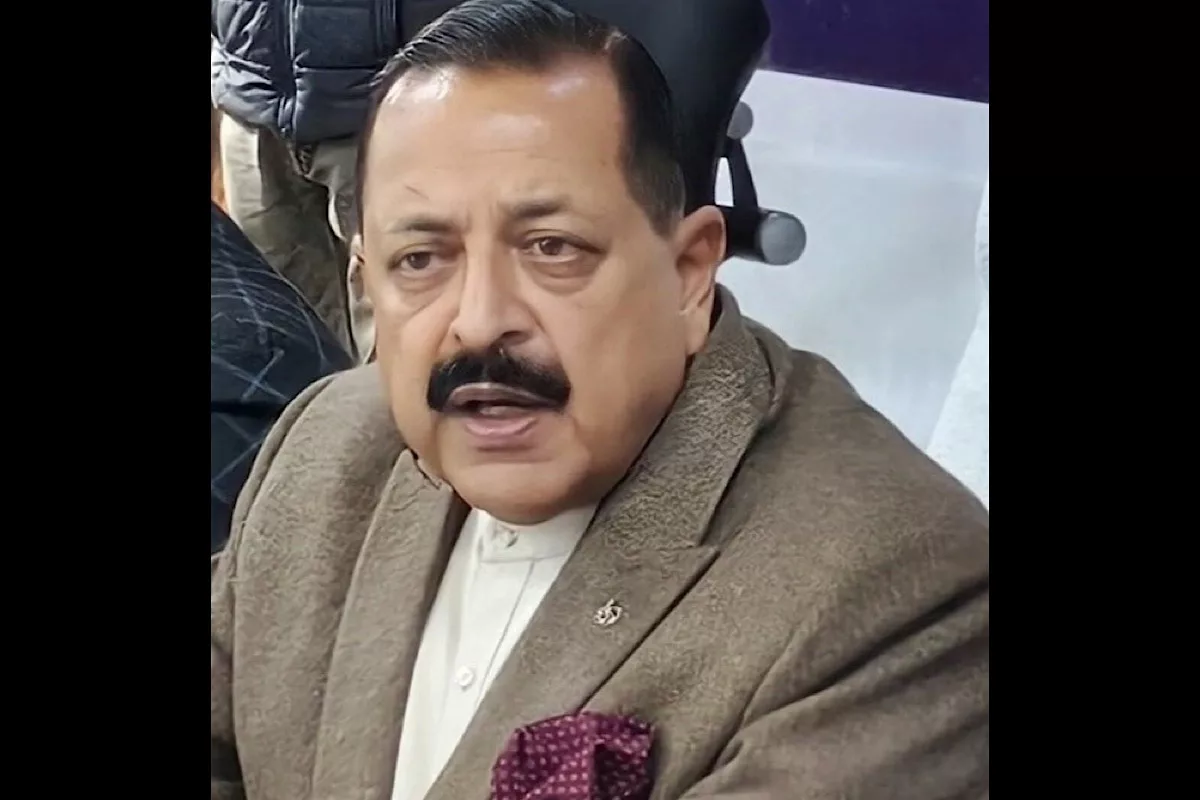Union Minister for Science and Technology Jitendra Singh reaffirmed on Wednesday the Centre’s commitment to nuclear energy expansion, safety protocols, and private sector participation in the nuclear power sector.
Responding to a parliamentary discussion on nuclear power plants in the Lok Sabha, Dr. Singh emphasised the unprecedented growth in reactor installations and advancements in nuclear energy generation over the past decade.
Advertisement
He highlighted Rajasthan’s significant contribution to India’s nuclear energy sector, stating that the state houses seven of the country’s 25 operational reactors. He noted that a previously non-functional unit has been revived, further strengthening the state’s nuclear output.
Additionally, the Union minister announced the establishment of a new reactor in Gorakhpur, Haryana, marking a geographical expansion of India’s nuclear infrastructure beyond its traditional strongholds in Tamil Nadu, Andhra Pradesh, Maharashtra, and Gujarat.
He also pointed to the 2017 decision by the Union Cabinet, which granted bulk approval for 10 new reactors in a single sitting—an unprecedented move in India’s nuclear history. The recent Union Budget has further bolstered the nuclear sector with the announcement of a dedicated nuclear mission, which includes significant budgetary allocations.
“Before 2014, the total budget of the Department of Atomic Energy stood at Rs 13,889 crore. This year, it has expanded to Rs 23,604 crore, marking a 170 per cent increase,” he said, underscoring the government’s focus on nuclear energy growth.
The Union minister stressed that India’s nuclear energy policy is moving towards greater private sector involvement.
“Prime Minister Narendra Modi has decided to open up the nuclear sector to private players, ensuring a larger resource pool and faster development,” he said. This move aligns with global best practices, allowing India to enhance its nuclear power capabilities while reducing dependency on public funds.
The minister noted that nuclear power generation capacity has increased from 22,480 MW in 2014 to 35,333 MW currently, while installed capacity has doubled from 4,780 MW to 8,880 MW.
On safety measures, Dr. Singh assured the House that stringent protocols are in place to safeguard plant workers and nearby communities.
